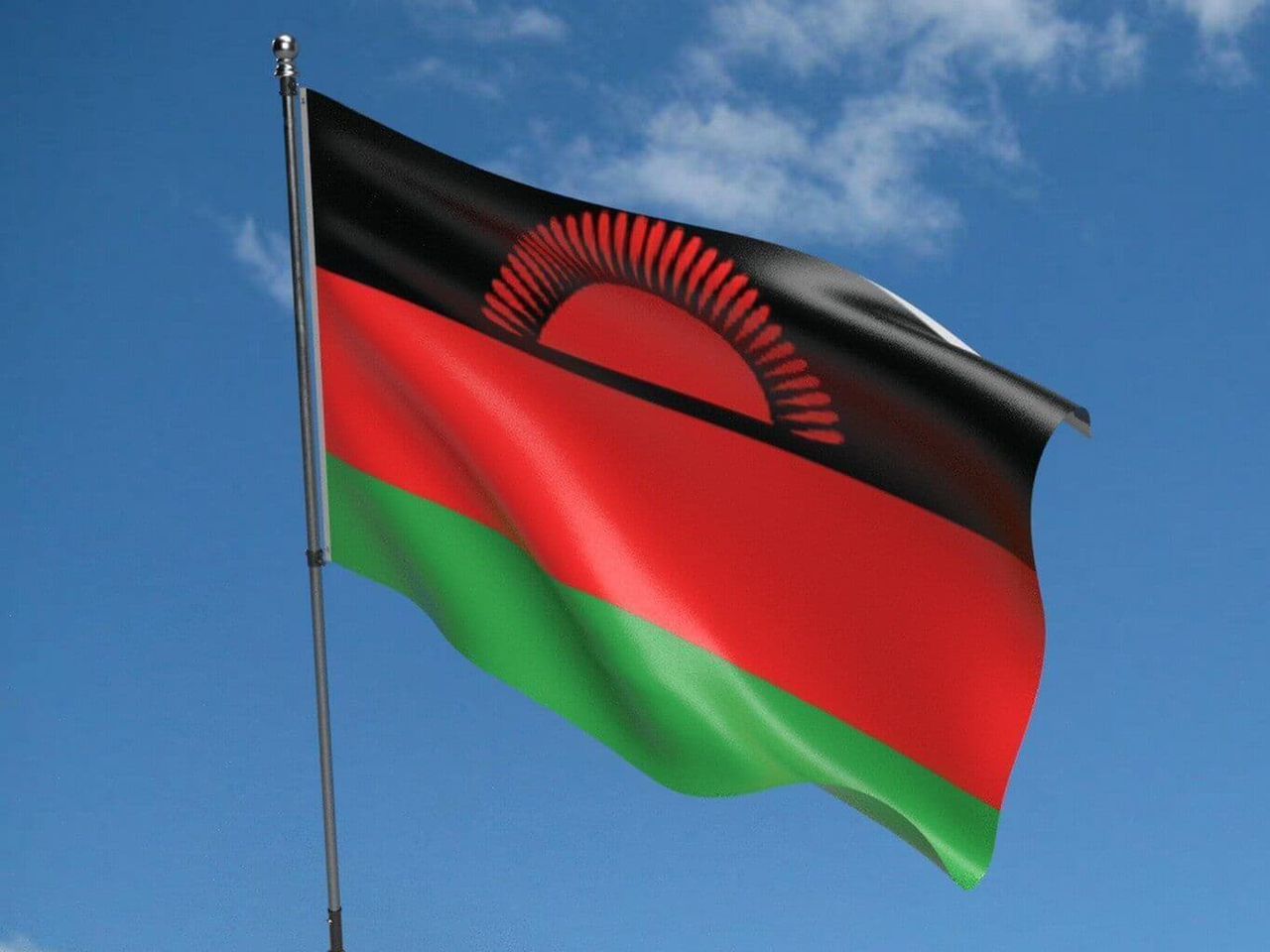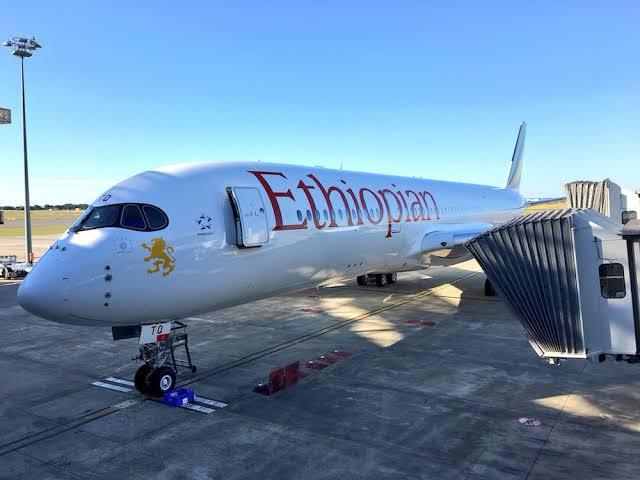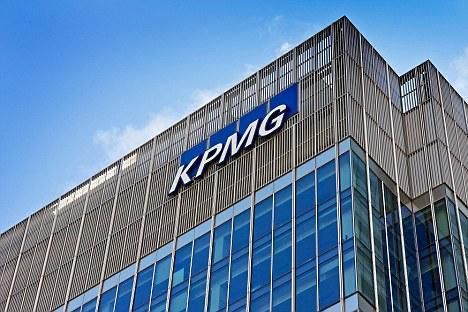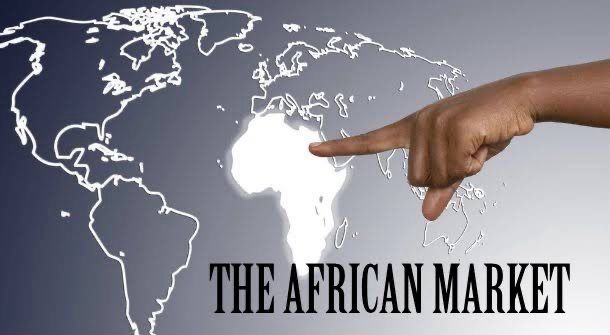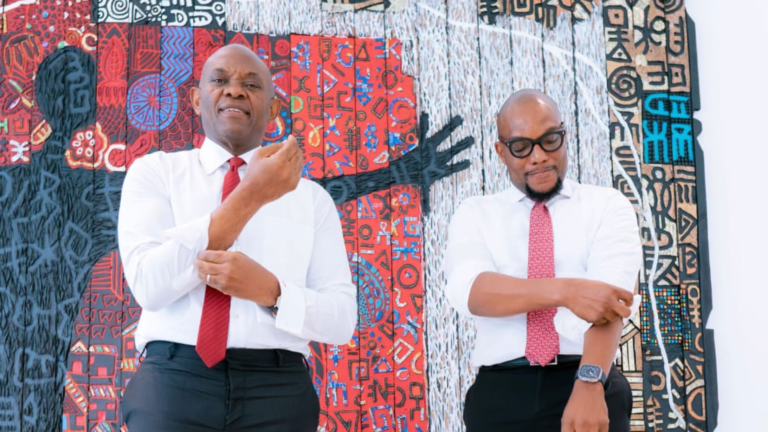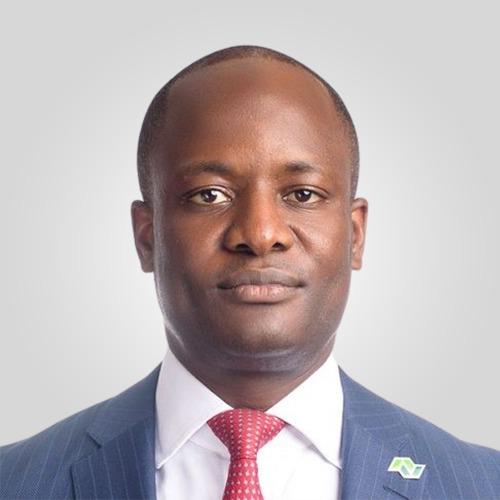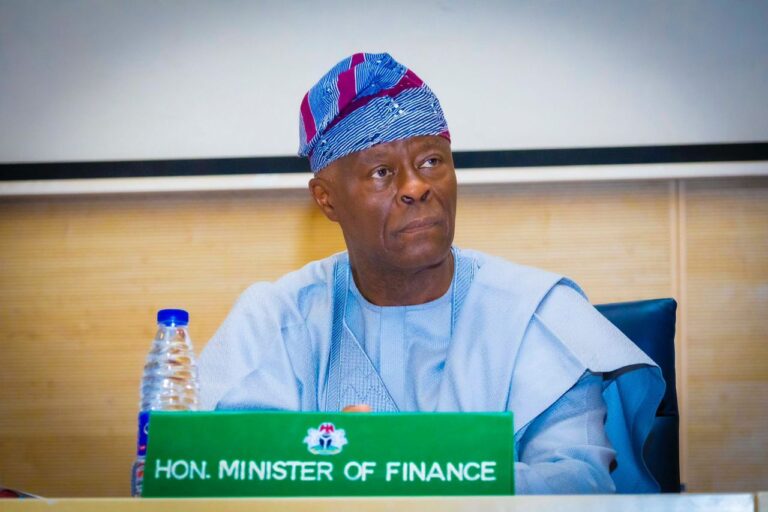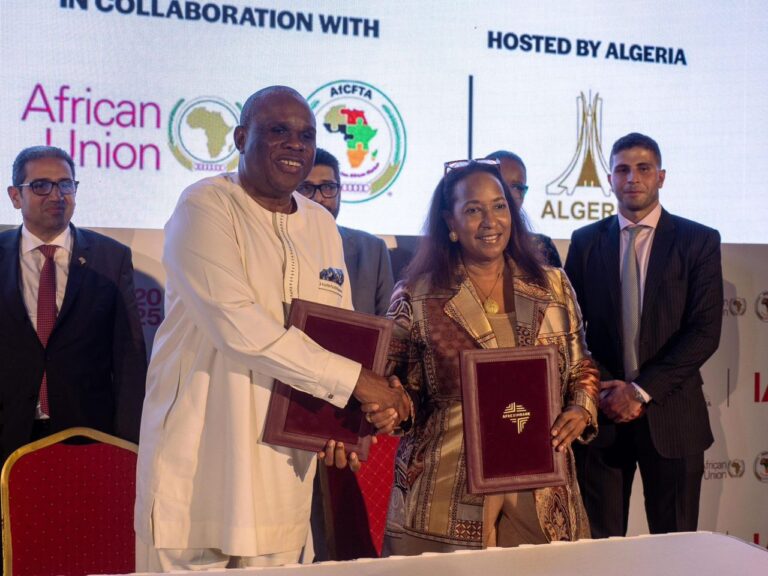Malawians will head to the polls on Tuesday, September 16, to elect their next president, members of parliament, and local councillors in a pivotal tripartite election. The vote, held every five years, comes amid a challenging economic climate and a deeply divided political landscape.
The presidential race is a contest between several key figures, including incumbent President Lazarus Chakwera of the Malawi Congress Party (MCP), who is seeking a second term. He faces a strong challenge from former President Peter Mutharika of the Democratic Progressive Party (DPP) and former President Joyce Banda of the People’s Party (PP), making the election a unique battle of former and current leaders.
A key focus for voters is the struggling economy. The landlocked southern Africa nation has been grappling with high inflation, which was reported at 27.3% in July and is projected to reach 32.4% by the end of 2025. This, along with persistent fuel shortages and a rising cost of living, has fueled public frustration.
President Chakwera’s administration has faced criticism for its handling of these economic issues, while his opponents, particularly Peter Mutharika, have pointed to their past economic records.
Beyond the economy, other issues at the forefront of the campaign include concerns over governance, corruption, and the delivery of public services such as education and healthcare. The Malawi Electoral Commission (MEC) has been preparing for the vote, with international observers, including a joint mission from the African Union and COMESA, already on the ground to monitor the process.
With no single party expected to secure an outright majority in the presidential race, the election’s outcome remains uncertain. The 50+1 system, which requires a winning presidential candidate to secure an absolute majority, makes coalition-building a critical part of the post-election political maneuvering.




